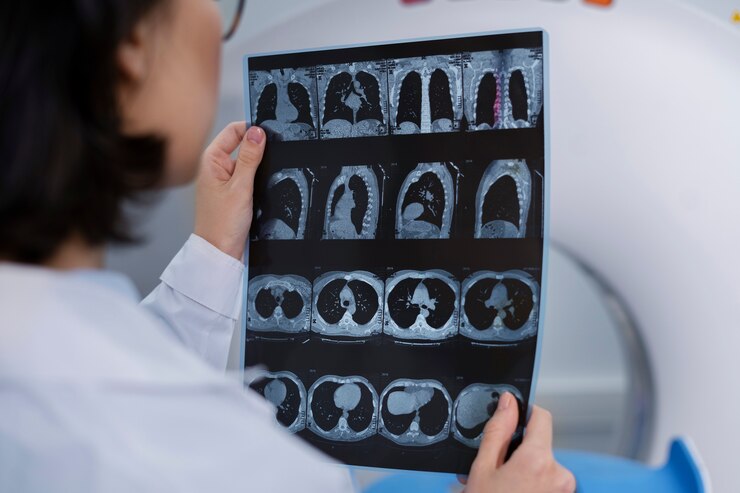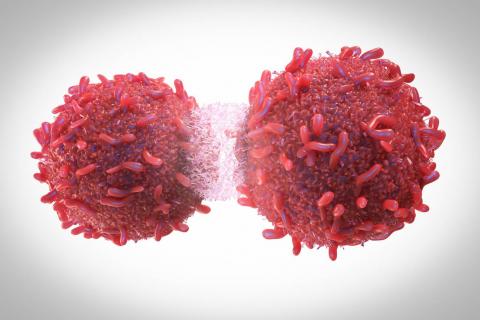Reactions: study shows association between undergoing CT scan as a young person and increased cancer risk
An international study involving ISGlobal in Barcelona has studied almost one million people and concludes that having a CT scan before the age of 22 increases the risk of developing blood tumours in later years by 16%. According to the authors, who publish the results in the journal Nature Medicine, "in terms of absolute risk this means that, for every 10,000 young people who undergo a CT scan, we can expect to see around 1-2 cases of cancer in the 2-12 years following the examination.

TAC - Sperrin (EN)
Malcolm Sperrin
Member of the Institute of Medical Physics and Engineering (IPEM).
This is a comprehensive study bringing together data from a large number of medical centres and contributes to the body of knowledge on risk from ionising radiation.
It has been known for many decades that there is a link between exposure to ionising radiation and the generation of cancers. There has been a huge amount of work from centres around the world to calculate the risk factor and how the risk manifests itself in terms of type of disease. This has been the central tenet for not just limiting exposure to ionising radiation but also for providing justification for each and every patient; specifically, the benefit must outweigh any potential detriment. This study confirms the importance of controlling exposure and furthermore states a risk factor which is of importance when estimating the risk/benefit balance.
The study is well designed, comprehensive and a valuable addition to the body of knowledge.
TAC - McDonald (EN)
Sarah McDonald (EN)
Deputy Director of Research at Blood Cancer UK
A CT scan is an important medical procedure for diagnosing disease, planning treatment, and for follow up. While this large and well-run study doesn’t prove a direct cause between a CT scan and blood cancer risk, researchers found for every 10,000 children who have a CT scan, there were 1-2 extra cases of blood cancer in the 12 years following the examination.
Blood cancer is the UK’s fifth most common cancer, and the UK’s third largest cancer killer and the key message to anyone who has been diagnosed with blood cancer is this: it is not your fault. Risk factors are not the same as causes and there are various risk factors for blood cancer that all interlink, with things like your age, sex and ethnicity playing an important role too.
We must keep studying how we can limit radiation exposure in those seeking diagnoses, as this could help prevent cases of blood cancer, potentially saving lives.
Bosch de Basea et al.
- Research article
- Peer reviewed
- Observational study
- People



